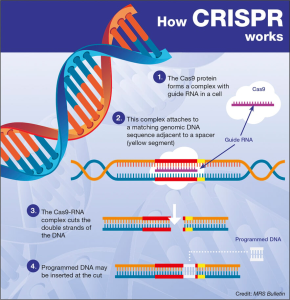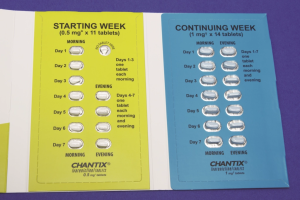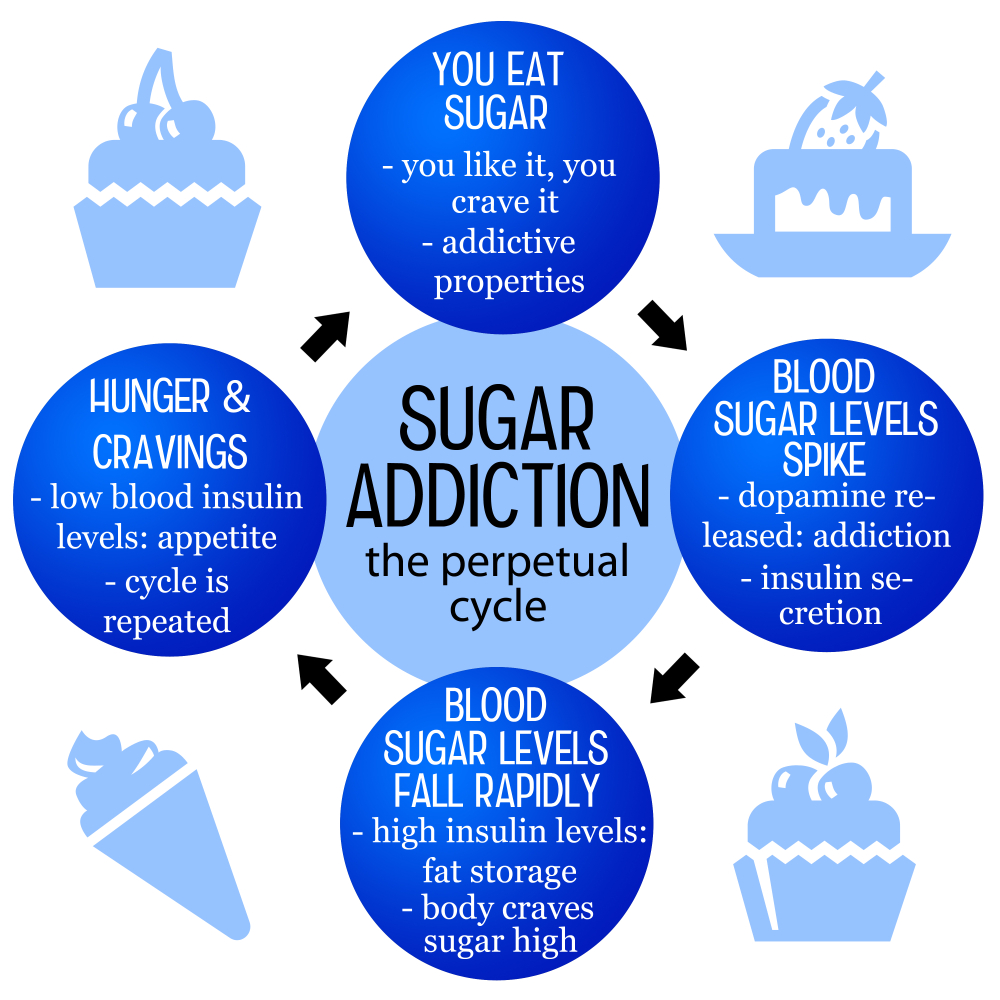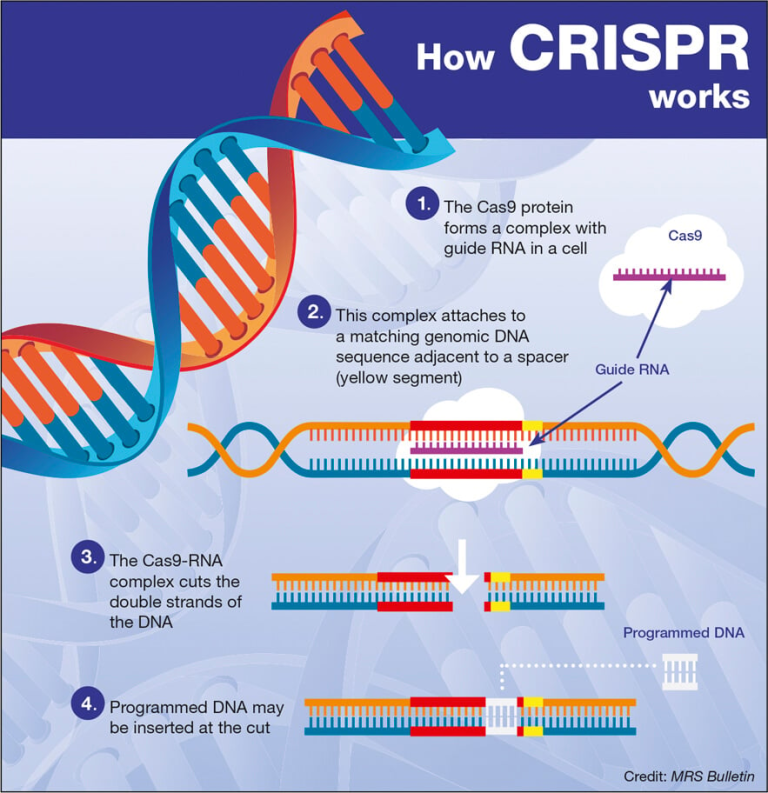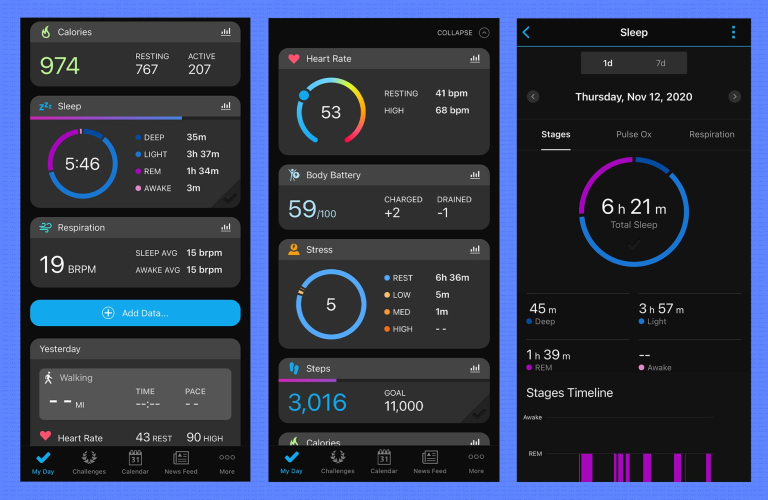Is sugar addictive? This question sparks significant debate among nutrition experts and health professionals alike. While sugar may not meet the strict clinical criteria to be classified as an addictive substance like alcohol or nicotine, evidence shows that sugar can trigger cravings and compulsive eating behaviors. The effects of sugar on our brains and bodies are real, contributing to ongoing discussions about sugar addiction and the health implications of excessive added sugar consumption. Understanding the balance between enjoying sweetness and managing our sugar intake is crucial to maintaining overall health and well-being.
Exploring the topic of sugar’s potential addictive properties unveils a complex web of dietary patterns and psychological responses. Many people experience intense cravings for sugary foods, which can lead to a cycle of unhealthy eating and subsequent guilt or anxiety. Research suggests that sugar, much like certain substances thought to be addictive, can activate the brain’s reward system, making us yearn for more. As we delve into this realm of “sweet tooth” habits and the implications of high sugar diets, we uncover the broader conversation surrounding sugar and health that affects countless individuals.
Understanding Sugar Addiction
The question, “Is sugar addictive?” often leads to polarized opinions. While sugar consumption can lead to increased cravings and some compulsive eating behaviors, the scientific community has yet to classify it as an addictive substance on par with alcohol or narcotics. This is primarily due to the different ways our bodies and brains react to sugar compared to substances that typically meet addiction criteria. Researchers like Frank Hu, from Harvard, stress that while the cravings for sugar can mimic those for addictive substances, the withdrawal symptoms experienced by sugar consumers tend to be less severe.
Sugar addiction can manifest through a compulsive drive to consume sugary foods, often triggered by environmental cues or emotional states. The ultra-processed foods prevalent in today’s diets, which are high in added sugars and unhealthy fats, may contribute significantly to these cravings. These foods are engineered to be hyper-palatable, making it difficult to resist them. Consequently, understanding sugar’s effects on the brain and the potential for compulsive eating behaviors is crucial for addressing dietary habits and health.
Health Implications of Excess Sugar Consumption
Widespread consumption of added sugar can lead to numerous health issues, including obesity, diabetes, and heart disease. The American Heart Association’s recommendations—no more than 9 teaspoons for men and 6 for women—underscore the need for moderation. Many individuals consume almost three times the recommended daily limit, primarily through sugary beverages and snacks. Such excessive consumption can lead not only to physical health problems but also has been linked to psychological effects, including mood swings and increased anxiety, further complicating the relationship we have with sugar.
Moderating sugar intake is essential for maintaining overall health. While it is challenging to eliminate sugar completely, especially given its presence in nutritious foods like fruits and dairy, educating oneself on food labels and understanding the sources of added sugars can significantly impact one’s dietary choices. Incorporating a balance of low-sugar options and being mindful of caloric intake is a practical approach to mitigate health risks associated with high sugar consumption.
The Psychology Behind Sugar Cravings
The psychology of sugar cravings is complex and entwined with both physical and emotional components. For many, sugary foods serve as comfort and treat, often tied to positive memories and experiences. This emotional association can make it challenging to cut back on sugar, as people may find themselves reaching for sweets during times of stress or sadness. Understanding these emotional triggers is essential for anyone looking to reduce their sugar intake and foster healthier habits.
Moreover, the body’s response to sugar also plays a significant role in cravings. Sugary foods can result in quick spikes and subsequent drops in blood sugar levels, leading to a cycle of craving more sugar to regain energy and satisfaction. This biological mechanism can make it difficult for individuals to resist reaching for more sugary snacks, perpetuating a cycle of excessive consumption. Raising awareness about this cycle can help individuals make more informed choices and implement effective strategies for managing their cravings.
Sugar and Modern Diets
In today’s fast-paced world, our diets often consist of readily available ultra-processed foods laden with added sugars. These products are frequently marketed as convenient and tasty, which can contribute to increased consumption without individuals even realizing it. As people navigate busy lifestyles, the tendency to rely on these easy fixes can further entrench unhealthy dietary habits and high calorie intake from added sugars.
This modern dietary trend raises concerns about the long-term health implications of sugar consumption. With each passing year, the average sugar intake increases, leading to heightened risks for chronic diseases. Hence, it’s not merely about individual choices; it also involves addressing larger food system dynamics, like availability and marketing practices, that promote high-sugar foods over healthier options, which is vital for encouraging healthier eating patterns on a societal level.
Gradual Reduction of Sugar Intake
For those concerned about their sugar consumption, a cold-turkey approach can sometimes backfire, leading to stronger cravings and potential binge eating. Instead, experts recommend a gradual reduction of added sugar intake. This method allows the body to adjust without overwhelming withdrawal symptoms that can arise from sudden changes. By slowly reducing the amount of added sugar in one’s diet, individuals can better manage cravings and adapt their taste preferences over time.
In practice, this gradual approach might involve small changes, such as swapping sugary beverages for water or unsweetened alternatives or choosing snacks with lower sugar content. By monitoring and cutting back on added sugars gradually, individuals can still enjoy the sweetness in their diets without jeopardizing their health and well-being.
The Necessity of Moderation
While it’s important to acknowledge the potential for sugar cravings and related behaviors, it’s equally essential to recognize that sugar, in moderation, can play a role in a balanced diet. Sweetness from natural sources like fruits and dairy can enhance the flavor and enjoyment of meals, supporting overall mental well-being. The key is to focus on the quantity consumed, understanding that moderate sugar intake is unlikely to lead to adverse health effects.
Promoting moderation over elimination can facilitate a healthier relationship with sugar and mitigate feelings of deprivation that often accompany strict diets. By allowing for occasional indulgence, individuals can navigate their dietary choices more positively and sustainably, ultimately promoting healthier long-term eating habits.
Building Awareness of Added Sugar in Foods
An essential step in managing sugar consumption is building awareness of the added sugars present in many food products. The rise of food labeling has empowered consumers to make informed choices about their dietary intake. By becoming adept at reading labels, individuals can identify hidden sugars in snacks, beverages, and even seemingly healthy foods, enabling them to make better selections that align with their health goals.
Moreover, food manufacturers often use a variety of names for added sugars, complicating this process. Therefore, education on identifying these sugars is vital. The more knowledgeable consumers are about what constitutes added sugar consumption, the better equipped they are to mitigate its impact on their health. This awareness can lead to improved dietary habits, reduced sugar intake, and enhanced overall health.
The Role of Professional Guidance in Managing Sugar Intake
Seeking professional guidance, such as from a registered dietitian or nutritionist, can play a critical role in managing sugar intake effectively. These experts can provide personalized strategies that consider individual preferences, health conditions, and lifestyle factors, creating a sustainable plan for reducing added sugar consumption. They can also help individuals navigate the complexities of nutritional information, allowing for educated choices regarding sugar and overall diet.
Additionally, incorporating strategies such as meal planning, healthy cooking classes, or community resources can support individuals in achieving their dietary goals more successfully. Professional guidance empowers people to take control over their eating habits, making it easier to address the psychological and physical components of sugar cravings while promoting long-term health.
Exploring Alternatives to Satisfy Sweet Cravings
Finding satisfying alternatives to sugary snacks can be a successful strategy in managing sugar cravings. Natural sweeteners like honey, maple syrup, or agave nectar can provide the sweetness desired without the same level of health risks associated with added sugars. Moreover, exploring whole food options, such as fresh fruits, can fulfill the desire for something sweet while contributing beneficial nutrients and fiber.
Transitioning to these healthier alternatives may require some adjustment but ultimately can lead to a more balanced approach to sweetness in the diet. By incorporating items that satisfy cravings without excessive added sugars, individuals can enjoy their food while simultaneously promoting better health outcomes.
Frequently Asked Questions
Is sugar addictive like alcohol or nicotine?
While sugar can increase cravings and lead to compulsive eating behaviors, it is not classified as an addictive substance like alcohol or nicotine. Current scientific understanding recognizes the physiological and psychological effects of sugar, but does not classify it within the same criteria as traditional addictive drugs.
What are the effects of sugar addiction on health?
Sugar addiction can lead to significant health issues, including weight gain, obesity, and increased risk of chronic diseases. Regular consumption of high amounts of added sugar has been tied to negative health effects due to its role in cravings and habits formed around ultra-processed foods.
What causes sugar cravings and how can I manage them?
Sugar cravings are often triggered by habitual consumption of sugary foods which can alter your brain’s reward system. To manage these cravings, it is advisable to gradually reduce added sugar intake, focusing on whole foods and balanced diets which provide essential nutrients without excessive sugar.
How does added sugar consumption affect my body?
Excessive added sugar consumption can lead to various health issues including metabolic syndrome, diabetes, and heart disease. It can also increase cravings for more sugar, creating a cycle of dependency that is challenging to break.
What is the connection between sugar and health?
Sugar plays a dual role in our diets. While moderate sugar consumption from natural sources (like fruits) can be part of a healthy diet, high levels of added sugar are linked to numerous health risks. Being mindful of sugar intake is crucial for maintaining overall health and preventing conditions associated with high sugar diets.
| Key Points | |
|---|---|
| Sugar and Addiction Debate | While sugar increases cravings and compulsive eating, it is not classified as an addictive substance like alcohol or nicotine. |
| Cravings and Withdrawal Symptoms | Abruptly stopping sugar can cause mild withdrawal-like symptoms such as headaches and anxiety. |
| Processed Foods Impact | Ultra-processed foods are high in sugar and unhealthy fats, leading to habitual consumption and increased cravings. |
| Moderation is Key | Moderate sugar consumption can be part of a healthy diet; the American Heart Association suggests limits. |
| Importance of Nutrient Quality | Natural sugars found in fruits, vegetables, and dairy are essential for health, unlike added sugars. |
Summary
Is sugar addictive? The current understanding suggests that while it may trigger cravings similar to addictive substances, sugar does not meet the clinical criteria for addiction. This distinction is important because sugar plays a role in our diets, being found in many nutritious foods. The challenge lies in maintaining moderation in sugar intake to avoid potential negative health impacts. By being mindful of our sugar consumption and understanding its effects, we can enjoy its sweetness without succumbing to unhealthy habits.
